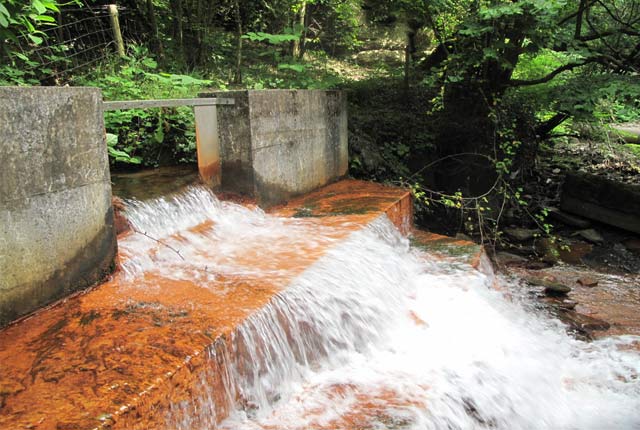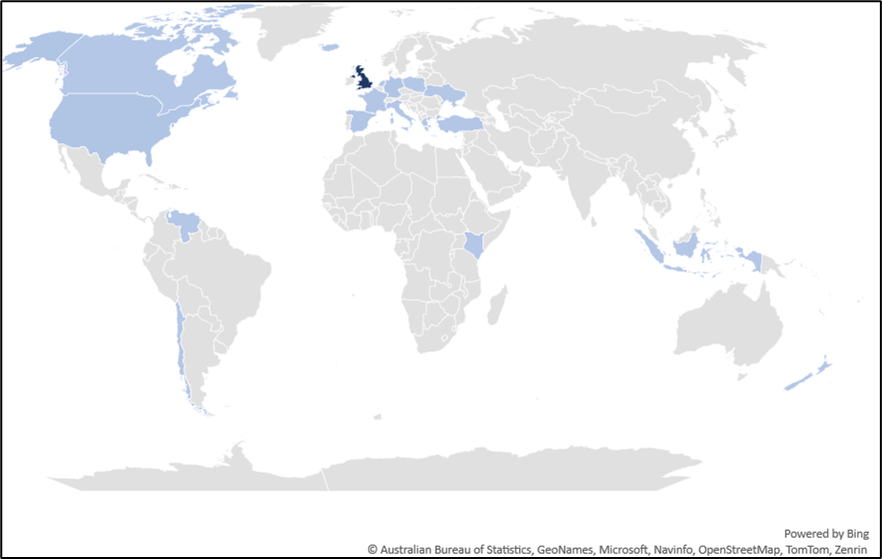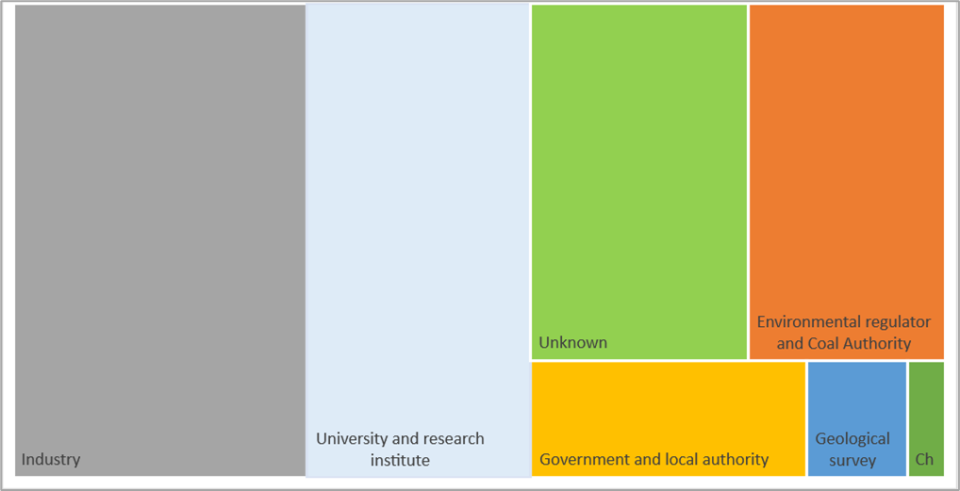Collaboration, progress and emerging themes in mine-water heating, cooling and storage
BGS, the Coal Authority and IEA Geothermal held the third Mine Water Energy Symposium to enhance collaboration and knowledge exchange around the world.
17/05/2023 By BGS Press
Many countries have signed up to commitments towards net zero carbon dioxide (CO2) emissions and, together with the continuing war in Ukraine and wider increases in energy prices, interest in all forms of secure, low-carbon energy sources is accelerating. We are starting to see how geothermal technologies can provide real solutions in the transition to net zero.
Using the world’s disused mining infrastructure to decarbonise the heating and cooling of buildings is one such technology. With heat demand commonly close to old mines, it is a solution through which people and communities can also be engaged in a just energy transition.

The Mine Water Energy Symposium
To share research, innovation, policy, application, licencing and regulation of mine-water energy schemes across the world, International Energy Agency (IEA) Geothermal and the UK Government supported the Mine Water Energy Symposium. Now in its third year, the free, online symposium has gone from strength to strength; the April 2023 event had to be extended in length due to the number of speakers offering talks! There were 215 attendees at Mine Water Energy 2023 from 18 countries.
Current schemes
Speakers from across industry, universities and regulators shared their knowledge and experience on a wide range of topics. One group of talks provided updates on mine-water energy schemes already in place or in the exploration stage from Germany, Spain, UK, USA and Canada. These talks demonstrated the size (hundreds of houses plus industrial or municipal buildings) of mine-water heat, cool and storage resources that are being used. An emerging theme was around successful integration with other technologies, for example solar-thermal and integration in fifth generation district heating and cooling networks.
Modelling mine-water energy systems
Cutting-edge modelling of mine-water energy systems was illustrated in several talks, applied to the size and sustainability of the heat resource as well as the geomechanical stability. Models were not theoretical; they were quantified using data from active mine-water schemes. The significant potential for further at-scale quantification, calibration and monitoring at the UK Geoenergy Observatory in Glasgow and the ‘Living Lab’ in Gateshead were also described. Experimental and analytical work examining changes in in-rock properties under heat and flow changes and geomicrobiological processes provided insight into controlling processes that could affect mine-water heat operations.
Thermal storage
An important emerging theme at the 2023 symposium was investigating thermal storage in disused mines and shafts for balancing intermittent electricity supply, for use of waste heat (for example from data centres) and to maintain long-term sustainability of temperature. The significant scale of potential storage was also highlighted. Interesting discussions included considering whether thermal storage would improve the economic case for mine-water heat schemes.
Raising awareness of mine-water energy
A number of talks covered economic, social and regulatory aspects. Community ownership and participation for a just, place-based energy transition provided a different perspective to speakers covering the opportunities offered by government-led heat zoning that could provide certainty to investors. The role of raising awareness with appropriate groups (for example housebuilders) was highlighted and a new mine-water heat resource map for Scotland was presented as a first step to guiding non-users to the opportunity.
Regulatory needs
Finally, a lively discussion followed presentations on an integrated regulatory and permitting regime in England, the needs of commercial operators and investors, and grant funding timelines for data and decisions. The symposium discussion ended with the aim of collectively articulating the data and regulatory needs for enhanced mine-water energy deployment and to raise awareness of these with decision makers.
Presentations
Recordings of the presentations are available.
Thanks
Thank you to all the speakers and attendees for their contributions at Mine Water Energy 2023. We’re taking feedback from attendees and discussions are underway about next year, possibly for a hybrid event. We hope to see you all again next year.
Mine-water energy expert group
The IEA mine water energy expert group aims to take forward these themes in its work throughout the year. Volunteers are welcome to join the group to contribute their knowledge and expertise by emailing MineWaterThermal_IEA@bgs.ac.uk (MineWaterThermal_IEA@bgs.ac.uk).
About the authors
Alison Monaghan leads mine-water energy research at BGS and is the science lead for the UK Geoenergy Observatory in Glasgow.
Gareth Farr is head of heat and by-product innovation at the Coal Authority.





